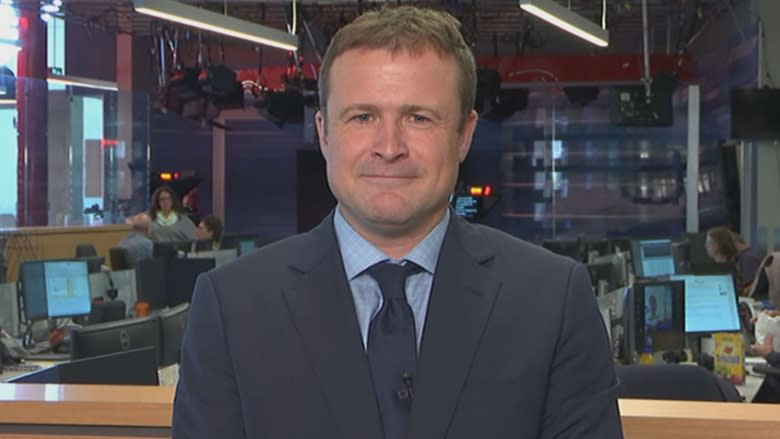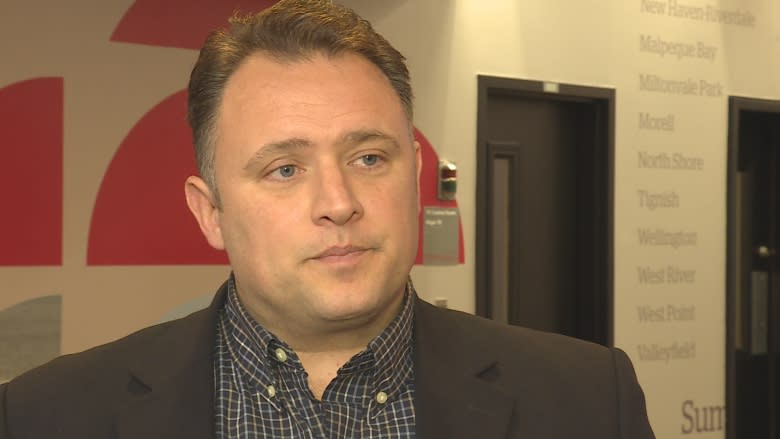'Doing it on the cheap:' Moncton economist says budget lacks ideas for region
A Moncton-based economist says the 2017-18 federal budget lacks some consideration for the changing demographics in Atlantic Canada and otherwise holds few surprises.
Justin Trudeau's Liberals revealed their new budget on Wednesday, with a promise that it will brace Canadians for a fast-changing global economy and empower women in the workforce, but also take a wait-and-see approach to changes in the United States.
The budget delivered $1.18 billion on spending for skills and innovation and promises more spending for daycare spaces, social housing, and training for jobless youth.
- 'When everyone thrives our whole economy does': Federal minister sells budget
- Budget 2017: Liberals spend on training and innovation while holding line on most taxes
- Federal budget 2017: Highlights of Bill Morneau's 2nd budget
But with regards to Atlantic Canada, it failed to consider the aging population in the region and its effects on the economy, said economist Richard Saillant.
"And that is a bit in my view, very problematic, because in the long run Ottawa will have to acknowledge the very different realities of the various regions of the country," he said.
The Liberals also did not announce any targets on immigration policies, despite discussing measures in the past to ease the process for temporary foreign workers and highly skilled workers, he said.
"And I think this reflects the mood of the country which is uncertain at this time with regards to increasing immigration flows," he said. "Although we all know that we need more."
Province needs to consider priorities
Meanwhile, New Brunswick's Liberals will now have to consider their priorities, he said.
The federal government's push for more spending on daycares and social housing will require matching funds, and the Gallant government will have to decide where it needs to spend "and make decisions based on that," he said.
But the lack of measures to address the region's aging population as well as the province's extensive wish-list for infrastructure spending, upset former Fundy Royal Conservative MP Rob Moore.
The Conservative party critic for Atlantic Canada said he had hoped the budget would include more items to help the region and "every-day, hard-working people."
"Neither of those things are present," he said. "We have more deficit, more debt, more taxes and less results."
He added that the government also cut measures introduced in the past to help families, such as the transit tax credit and family tax cuts for children's fitness and arts classes.
Instead, it introduced money for housing and daycare programs, which he said are already in place.
"That's not new," he said, referring to a tax credit introduced by the former Conservative leadership for businesses that set up daycare space for employees, as well as several low housing projects in different regions of the province.
He added that he would have liked to hear more about projects such as the Energy East pipeline, and the carbon tax, which the Trudeau government wants introduced by provinces by 2018 or it will impose a carbon plan on them.
Deficit increases
Wednesday's budget projected a slight rise in the deficit to $28.5 billion for 2017 from $23 billion from the year just ended.
When Trudeau started governing in 2015, he did so on an unorthodox promise to not have balanced books. But there is a limit to how deep into deficit the Liberals can go, said Saillant.
"They had limited means and they couldn't move forward with expensive promises," he said, adding that the government seemed to convey a 'kinder, gentler' approach to the economy this year, "but doing it on the cheap."



